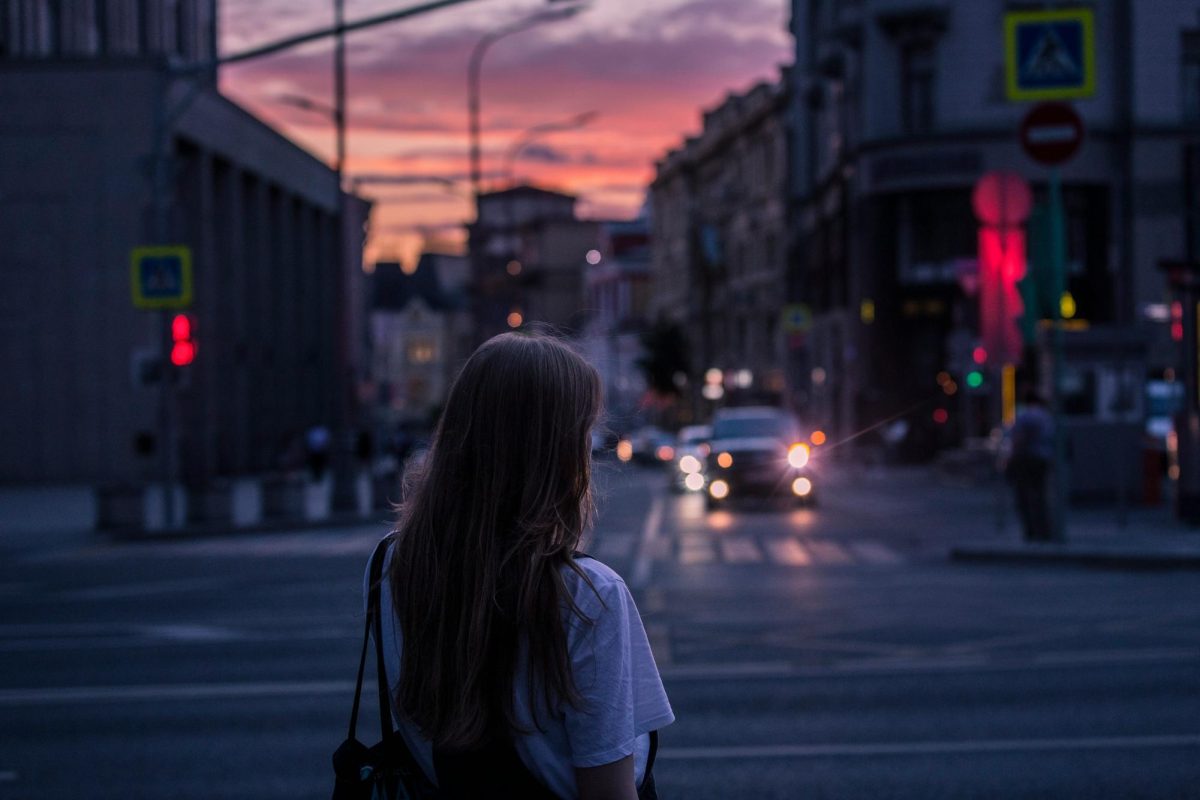Anthony Orendorff, a newly minted New Yorker, likes to hang out with homeless people, subway performers and the U.S. military.
Orendorff, 20, is a Communications major and filmmaker. The Los Angeles native has shot films in locations ranging from L.A.’s crime-ridden Skid Row to his parents’ California living room. His films provide an insightful look into hot-button issues like the war in Afghanistan, immigration, teen parents and people living well below the poverty line in America’s wealthiest cities.
“I just like real,” Orendorff said. “I really hate reality television right now. I’m all for entertainment, but what I bring to the table is real stories. I’m not trying to satisfy an audience, I’m going to tell a story.”
Orendorff’s trip to Skid Row resulted in a short film called “Hope Row.”
“My dad took me to Skid Row when I was like 8 years old when I was acting bad,” Orendorff said. “He told me, “if you keep acting bad, you’re going to end up in this place.” I was so scared. I opened my eyes and saw a little kid peeing on the street. I saw somebody shooting up, and homeless people. I saw a girl going in a tent, and now I know it’s prostitution. I saw all these faces and instead of thinking, “damn, I don’t want to end up here,” it was “when I’m older I want to come back here and see what happened.” It’s not about pity, it’s about understanding.”
Orendorff said he was not always well received in the dangerous section of the city.
“There were a lot of people down there who weren’t too happy about me being there, especially filming,” he said. “But they’re not all drug addicts and alcoholics. They have real ideas and thoughts. They have real things to say.”
Orendorff’s most recent film hit a bit closer to home. He produced “War: A Soldier’s Story” after his father returned from a tour of duty in Afghanistan.
In the ten-minute film, Orendorff’s father gives a very real and visceral account of what a soldier experiences while abroad on a tour of duty. He speaks about serving in Operation Desert Storm in 1991, and being afraid that he wouldn’t make it home to his wife and children.
Orendorff often finds himself drawn to controversial issues, but said he maintains his fly-on-the-wall approach.
“Its important when it comes to film that when you try to prove a point or show a message, you do it in a way that you’re not sharing your opinion,” he said. “I don’t want to be opinionated in my films, I just want to tell the story.”
“A Cycle of Struggle” is a short vignette highlighting the struggles of illegal immigrants living and working in the suburbs of L.A. Orendorff said he was inspired to make the film after noticing “immigrant workers standing outside Home Depot.”
Orendorff’s films run the gamut of political and social issues. “Step Up” is “the story of a young man who stepped up to take care of his kid at the age of 15.”
The film features Brad, 20, talking about the hardship he faces while raising his two children, ages 5 and 2.
“I believe that if the dad is around, the kid will grow up better,” Brad says in the film. “You just step up, you know?”
Orendorff moved from L.A. to New York a month ago, and enrolled at the University. He plans to continue making his short films, providing viewers with a look into life in the Big Apple.
“I feel like I’ve captured the issues I wanted to capture in L.A.,” he said. “Poverty, immigration, young families. There are a lot of stories over here too. I want to get some stories over here. I want to be a West coast dude with a little bit of East coast flavor.”
Orendorff said he’s been anticipating a move to New York for a long time.
“Coming from L.A., if you’re going to move to a different city it’s got to be New York,” he said. “I visited once and I was inspired. You go downtown and it’s just alive.”
Orendorff wants to bring his positive message of hope and change to the films he plans to make in New York.
“Specifically, I can’t say what I want to film,” he said. “But there’s a lot of projects in
New York. I’d love to go to the boroughs, and places like Harlem. People tell me don’t go there with your camera, that just makes me want to go with my camera. I need to go where they tell me not to go and see what’s up.”
Ultimately, Orendorff is tethered to his camera, regardless of geographic location. He looks forward to filming in a new city, and to getting to know the people of that city from both sides of the lens.
On the west coast, I felt way more comfortable because that’s my backyard,” he said. “I’m a very social person but I still have to get the courage to go up and talk to people, and I definitely do see the New York attitude. But I think the films will be good anyway if the filmmaker is willing to go and talk to people no matter how many times they get shut down. But in New York I noticed that people aren’t afraid to share their opinions. I don’t think I’ll have trouble.”







